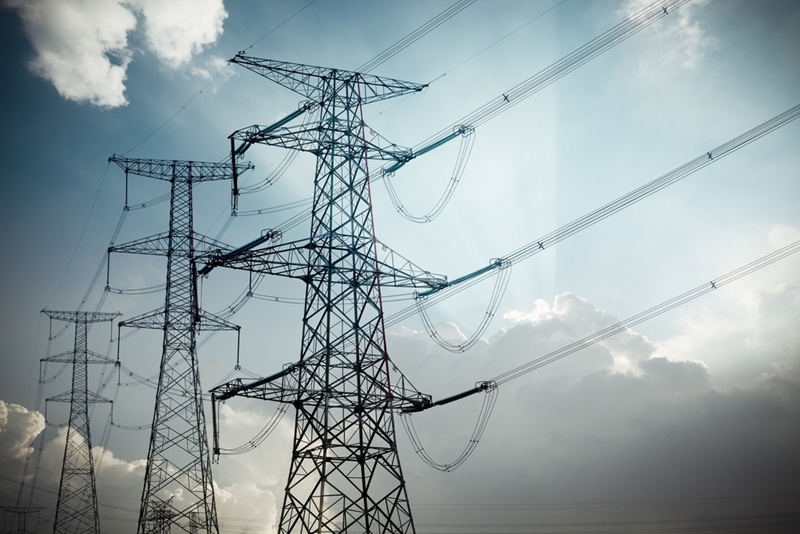Illinois Senate approves funding for smart grid development, utilities awaiting Quinn's decision
Just before the Illinois Senate adjourned for the rest of the year, they sent a bill to Governor Pat Quinn that, if passed, would give the state's largest utilities, ComEd and Ameren, two more years to develop Illinois' smart grid and continue charging their customers to fund the projects. The bill now awaits Quinn's signature before it can take effect, something that many analysts have noted could complicate things for the utilities.
"ComEd and Ameren are certainly pleased with the Senate's decision, but they know that nothing is guaranteed until Quinn makes his decision."
What is in the Senate's new initiative?
The new measure would allow both companies to continue to raise their rates based on their project's funding needs by using a special formula to determine the precise amount of the increase, the St. Louis Post Dispatch reported. This would make the process of hiking up the price their customers pay more streamlined, as they wouldn't have to go through the usual lengthy process of going before a state commission to ask permission to raise prices.
Currently, ComEd and Ameren are only allowed to use this formula until December 17, 2017. This most recent initiative would extend their ability to recoup smart grid-related expenses until December 2019.
Question marks around Quinn's decision
ComEd and Ameren are certainly pleased with the Senate's decision, but they know that nothing is guaranteed until Quinn makes his decision. In 2011, Quinn vetoed the Senate's original measure to allow the utilities to raise their prices to make up the cost of developing the smart grid, Utility Dive reported.
The Legislature, however, overturned the veto, which allowed both companies to begin updating Illinois' electrical grid. Proponents of the measure know that Quinn could very well use his veto power again, but this time, there may not be a chance for the legislature to overturn it. As the Post Dispatch explained, the members of the house have been sent home and won't be called back until the Legislature reconvenes. A veto would effectively kill the bill where it stands.
 ComEd and Ameren are pushing for more time to develop the smart grid, but a veto from Illinois governor Pat Quinn could put an end to their plans.
ComEd and Ameren are pushing for more time to develop the smart grid, but a veto from Illinois governor Pat Quinn could put an end to their plans.Consumer advocates show mixed feelings toward the bill
The Citizens Utility Board, a consumer advocate in the energy space, has said that it supports the idea of upgrading the state's energy infrastructure, but it doesn't support the new bill at this time. The Board's Executive Director David Kolata said in a note on the organization's website that no changes to the original bill should be made until everyone has more time to accurately assess the progress of the smart grid developments that Ameren has already completed.
"We're generally supportive of smart grid," Citizens Utility Board Executive Director David Kolata said. "We think if the law is implemented correctly it will bring benefits. We don't have enough evidence that it's working as well as it can....We think it's too soon to do something like this."
ESCOs/REPs will have to adapt, regardless of the ruling
The ruling will have an enormous impact on the pace of smart grid development in Illinois going forward. If the bill is passed, Ameren has noted that it will make additional upgrades to the grid, and provide customers with smart meters that will make a more efficient demand response program and grid monitoring possible. These advancements will fundamentally alter the way residents consume energy and could have a marked impact on demand patterns and quantity.
If Quinn vetoes the bill, however, the smart grid's growth will certainly be stymied as Ameren and ComEd will have to wait longer to raise the funds to cover their investment costs.
Risk management and demand forecasting rely on accurate knowledge of the regulatory structure of the market. ESCOs/REPs that are located in the areas served by these two utilities must account for the changing structure and functionality of the grid, in addition to the price fluctuations that will occur due to the utilities raising their rates to recoup their costs.
Share this
You May Also Like
These Related Stories
FERC will have its day in court regarding demand response [VIDEO]


